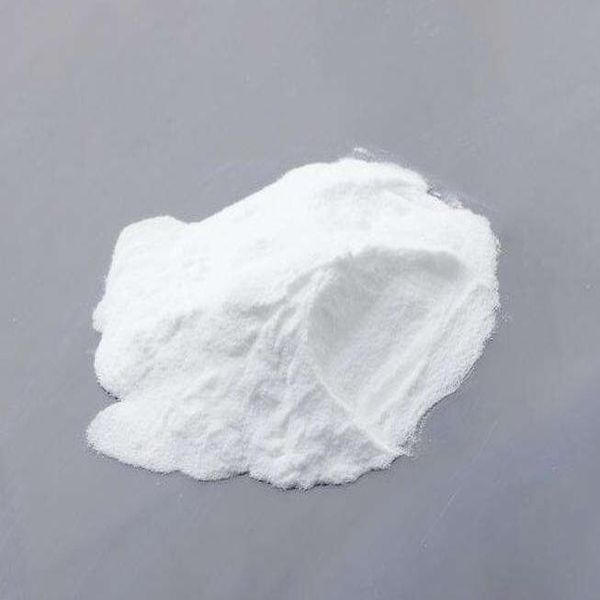Neomycin sulfate is an aminoglycoside antibiotic. It is produced by culture and fermentation of Streptomyces. The antibacterial range is similar to kanamycin. It has antibacterial effects on Gram-positive and negative bacteria and Mycobacterium tuberculosis. It is mainly used for severe systemic infections caused by sensitive aerobic Gram-negative bacteria. Therapy includes biliary tract infections, bone and joint infections, pneumonia, sepsis, urinary tract infections, skin and soft tissue infections, etc .; veterinary clinics are used to treat enteritis caused by staphylococcus, dysentery bacillus, Escherichia coli, and proteus infections of livestock and poultry. It has the advantages of good water solubility, broad antibacterial spectrum, low bacterial resistance, low rate of binding to plasma proteins, convenient medication and cheap price. It has poor activity against streptococci, streptococcus pneumoniae, and enterococci. Pseudomonas aeruginosa and anaerobic bacteria are resistant to this product.
The bacteria are partially or completely cross-resistant to streptomycin, neomycin, kanamycin, and gentamicin. Neomycin sulfate injected systemically has significant renal toxicity and ototoxicity, so it is currently limited to oral or topical application.
Neomycin sulfate is rarely absorbed orally (within 5%), but long-term oral administration of large doses can still absorb a considerable amount when the intestinal mucosa has ulcers or inflammation, especially when the renal function is reduced. The blood drug concentration can be significantly increased. After oral administration, most of them are excreted with feces without change.
It is used to prevent dysentery, diarrhea and dysplasia caused by Escherichia coli and Salmonella in pigs, chickens and cattle. It can also be used for the treatment of fish and shrimp enteritis in aquatic products.
Post time: May-27-2020
